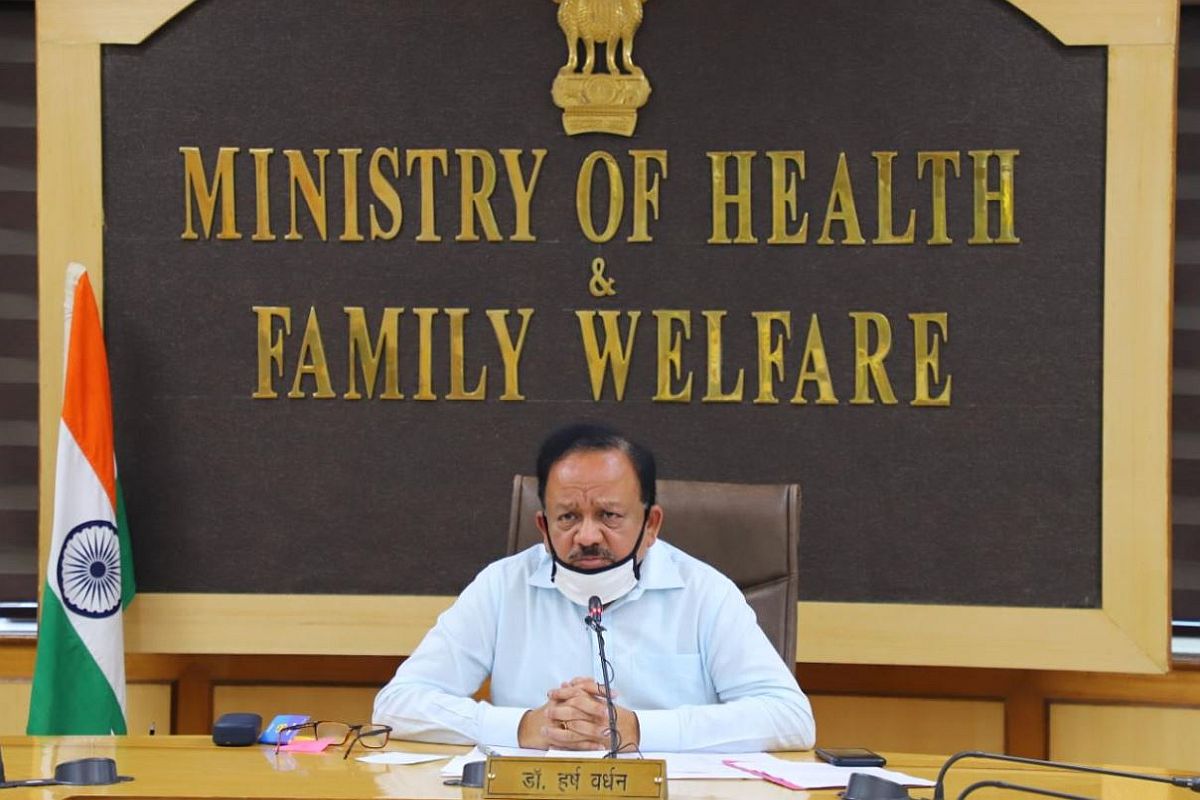The Tuberculosis (TB) incidence is on the decline in Kangra, the biggest district of Himachal Pradesh that accounts for nearly one fourth of the population of the state.
It is among five districts in the state to get an honour from the Union Health and Family Welfare ministry for decline in the incidence of Tuberculosis over last five years. The average decline in TB incidence in Kangra district has been 39.4% over the baseline incidence of 220 (per lakh) over five years, as per assessment by the external teams, who visited and verified the TB programme performance earlier this year.
Advertisement
The other four districts to witness the decline are Una, Hamirpur and two tribal districts of Lahaul Spiti and Kinnaur. As per assessment, the composite TB score (programme performance score) in Kangra was found to be 86.2 for 2020, which is well above the eligibility criterion of 80%. District TB Officer, Dr RK Sood, who received the award from Union Health Minister Harshvardhan at a function in Delhi on World TB Day earlier this week, said the review revealed that overall the number of new TB cases in Kangra district has decreased over the last 5 years.
A total of 6204 households with 27204 members were surveyed. “As many as 21668 members were available or ready to participate in the survey. A total of 1255 samples were tested, out of which 22 cases were diagnosed. Out of the 22 diagnosed, 7 cases were new, 7 were already on treatment and 8 had a previous history of TB. No underreporting was observed.”











